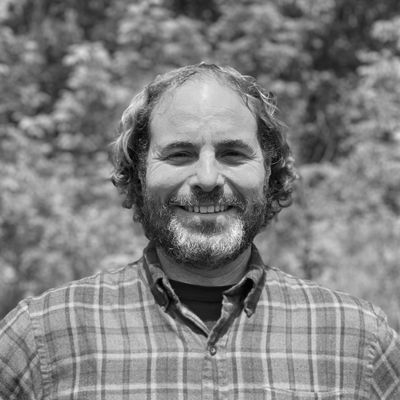 WIKIMEDIA, BRIAN TURNERYesterday, The Scientist unearthed the findings of a Wayne State University investigation into allegations of misconduct by former employee and cancer researcher Fazlul Sarkar. Now, the ACLU lawyers hope to use those findings in an ongoing legal battle between Sarkar and PubPeer, the post-publication peer review website that hosted negative comments from anonymous individuals about Sarkar’s work.
WIKIMEDIA, BRIAN TURNERYesterday, The Scientist unearthed the findings of a Wayne State University investigation into allegations of misconduct by former employee and cancer researcher Fazlul Sarkar. Now, the ACLU lawyers hope to use those findings in an ongoing legal battle between Sarkar and PubPeer, the post-publication peer review website that hosted negative comments from anonymous individuals about Sarkar’s work.
According to the report, Wayne State investigators found Sarkar guilty of several instances of image manipulation in published papers and in grant applications and progress reports submitted to the National Institutes of Health. As Sarkar’s legal team pushes to learn the identities of anonymous commenters who raised concerns about the researcher’s work, the ACLU lawyers representing PubPeer have filed a motion with the Michigan Court of Appeals to enter the investigation’s existence into the trial record. As both PubPeer’s and Sarkar’s legal teams said to The Scientist, the...
“We think the disclosure of the report makes PubPeer’s legal case even stronger, and we think the court should know about it for that reason,” Alex Abdo, the lead attorney representing PubPeer, told The Scientist. “We always want to be able to predict the likelihood of success of something like this, but I don’t really have a sense of what the likelihood is. My guess is that they’ll rule on it one way or the other relatively quickly, but again I’m not sure.”
The motion that Abdo and his legal team submitted to the court includes the article The Scientist ran on the Wayne State investigation’s findings yesterday, and mentions this in a footnote: “The news organization that requested the report has published several quotes from it, including its conclusions, but has not published the full report itself. If the full report becomes public, PubPeer may seek the Court’s leave to file it with the Court.”
But before the investigation’s findings even make it into court, the PubPeer legal team thinks it’s important that the court consider the mere existence of the report. “The fact that this report is now out there should inform the way the court decides the legal question,” Abdo said. “Not because it should accept the truth of something not before it, but because the fact that it’s out there informs the legal question.”
“We have not filed a FOIA [Freedom of Information Act] request for the report," Abdo added.
Update (November 1): Last week (October 28) the Michigan Court of Appeals accepted a brief filed by PubPeer earlier this month (October 20). This paves the way for the supplemental brief regarding the reported conclusions of a Wayne State University investigation into scientific misconduct by Fazlul Sarkar to be admitted into the case record.
Sarkar and his legal team opposed the motion, arguing that there was no justification for admitting The Scientist’s reporting on the investigation into the record, and alleging that ACLU attorney Alex Abdo had acted out of turn when he mentioned the investigation during an October 4 hearing. “Mr. Abdo’s statement was extrajudicial in the sense that it was outside the record in the case, and his intent to influence the tribunal with this non-record information is crystal clear from his present motion,” Sarkar’s October 26 response read. Sarkar’s attorney, Nicholas Roumel, now has two weeks to further respond to the brief before the court officially decides whether to accept the information it contains into the appellate record. “We’ll know for certain when the court makes its final decision,” Roumel wrote in an email to The Scientist today (November 1).
“We’re pleased that the Court granted the motion, but we don’t know how it will affect the Court’s ruling,” Abdo wrote today (November 1) in an email to The Scientist. Asked whether the ACLU attorneys representing PubPeer will seek to enter the full findings of Wayne State’s investigation report on Sarkar into the case record, Abdo added: “We think the report is extremely relevant to the Court’s consideration of whether to permit Dr. Sarkar to unmask PubPeer’s anonymous commenters. And so if we come into possession of it, we’ll seriously consider asking the Court to add it to the record.” Abdo would not say whether the ACLU was submitting its own FOIA request to obtain the full results of the university investigation.
Interested in reading more?





